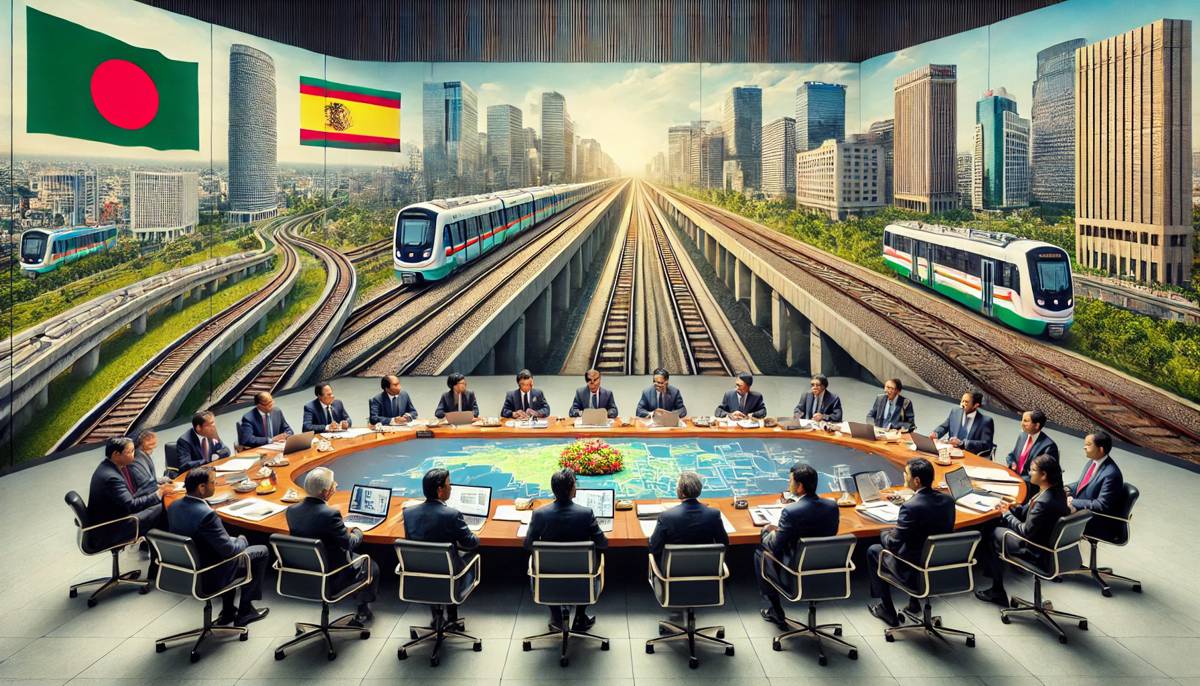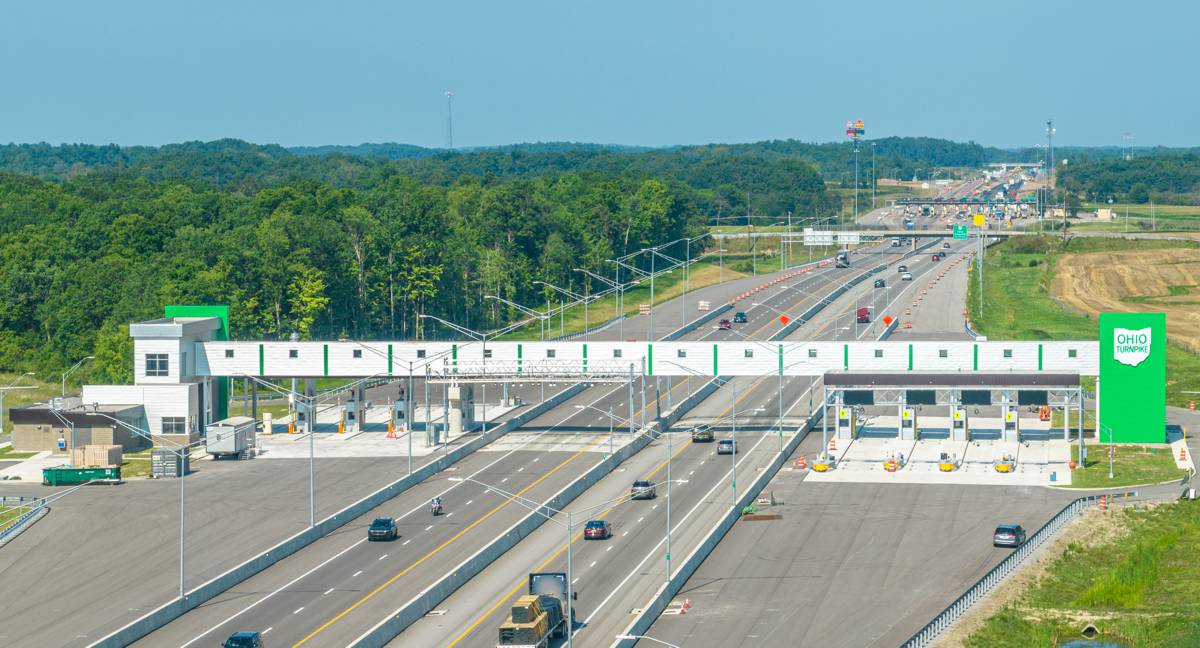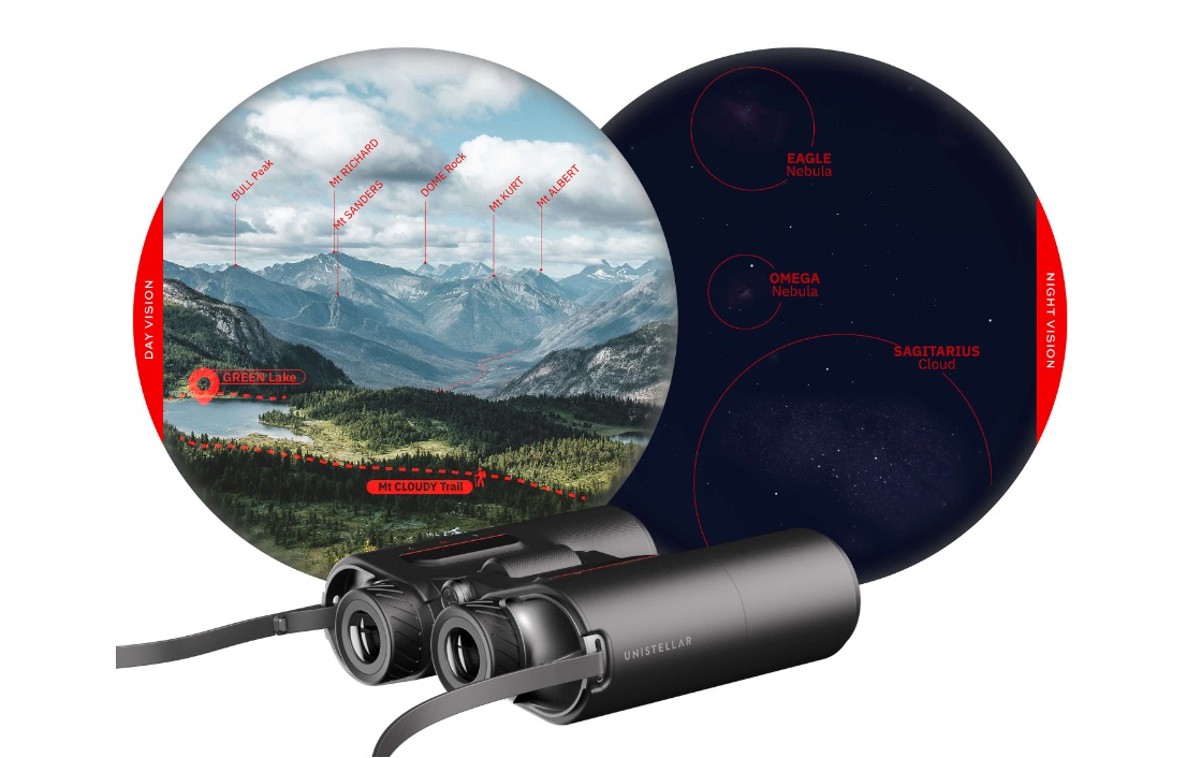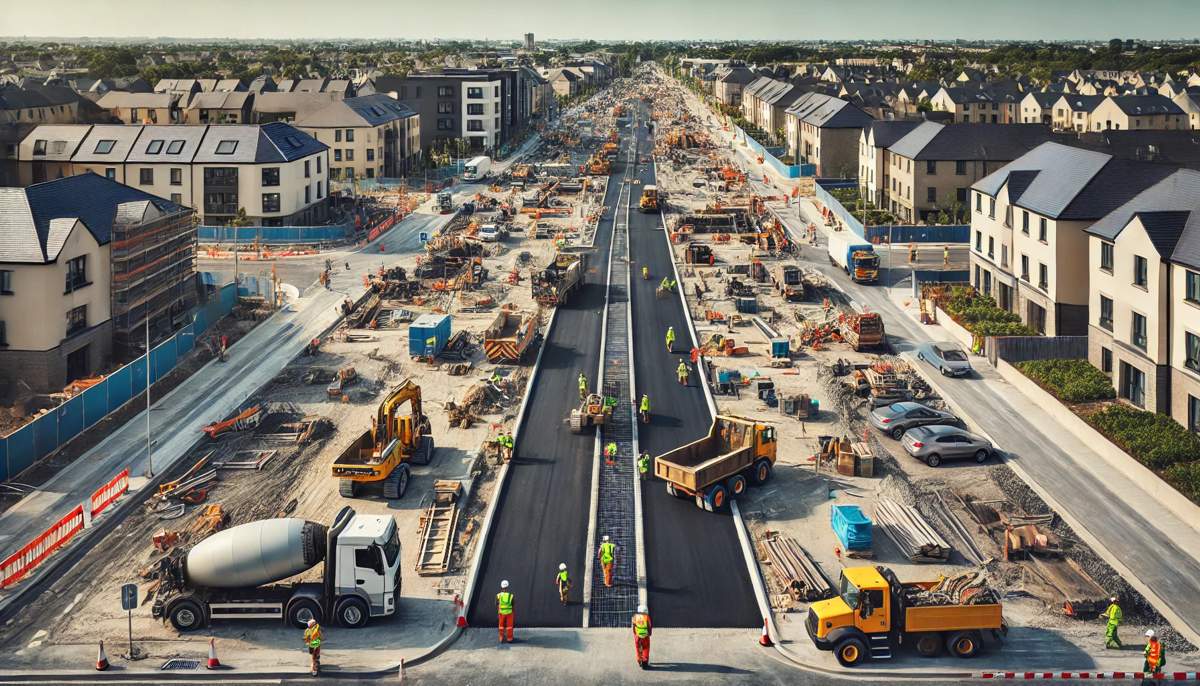Providing local parking can be a juggling act
There is a juggling act that Local Authorities face when providing parking facilities. They are having to face up to a no-win situation.
If they please their residents by reserving parking spaces they will risk upsetting visitors. If they provide visitors with plenty of parking to their shops and amenities this undoubtedly will please the business community, but also runs the risk of upsetting their residents. Add to this the ongoing issue of high street versus out of town retail, and getting the parking balance right is a very tough ask.
The challenge is compounded by the fact that everyone seems to be approaching the challenge from their own systems / specific circumstances, which may include the need to monitor, influence, control and guide car parking. It seems like parking solutions can be very segmented and no single company can supply the complete picture at present even though there are plenty of good and competent companies out there doing parts of the solution required.
This is the juggling act Local Authorities are engaged in by providing parking in their region
Is there any light on the horizon? Will the Internet of Things, smart cities and ITS technology solve this conundrum? The answer is yes, probably… but… there is a massive question over timing.
The question of timing is a central one because of the challenge to switch over from legacy tech already in place, the lack of central co-ordination of introducing new software / future tech, and the issues around using open / big data in a connected and transferable way.
Currently there are lots of initiatives going on in various councils or groups of councils to explore how to bring data together from current UTMCs, legacy systems and the many new ideas, so the road user can receive a truly universal approach to obtaining information about their roads, parking and other public amenities. If you listen to the futurists we are heading into a utopian phase of being connected via our refrigerators, to our schedules, to our roads, to our cinema visit with a take-away thrown in for good measure, all via autonomous car journeys where parking is not even required.
But we must deal with the “now” to get there. The journey (excuse the obvious pun) to future solutions needs to be broken down and solved piece by piece because between now and this future vision there are many questions to be answered. These questions were explored in this article that looked at why are were so many buzz words in the industry and that they all really meant the same thing, and in this recently produced white paper on autonomous cars and how they will be introduced onto our roads in the coming years.
These viewpoints are essentially coming back to the same question – how will data be made available and open enough for use across all parts of the world? It’s no use creating a wonderful open data format for one city to operate on if, as soon as you leave the city limits, your tech is rendered useless because of different data use, standards and availability.
Will these issues will be solved in a similar fashion to how Betamax and VHS formats fought out for dominance in the TV recording world. It essentially takes time and energy for one version to show its benefits and gain momentum across various markets. Once that starts to happen, every other format falls by the wayside. If we take the analogy further, then we have to recognise that both formats were eventually usurped by DVDs and now by streaming—nothing ever stands still.
There is no obvious winner yet in terms of smart cities tech, we are just at the start of the data revolution where there are various formats and ideas available for use and testing.
So back to our challenge with Local Authority parking. Not only do we have to solve the various user requirements, on road, off road, too much demand, car sharing etc., we also must solve the data and software compatibility, plus be mindful of future proofing it. Which, taking the above perspective into account, means this will only come through stages of trial and (hopefully not too much) error on the part of councils and service providers.
So how do you go about moving forward in these uncertain times?
Start by talking to the available software and tech providers – challenge them on how they see the future unfolding. Suppliers are very good at showing you the benefits of their offerings right now. But is there flexibility and future development potential in what is being provided? Can it adapt to the rapidly changing user demands and the world it will operate in? Are your suppliers looking at new tech even as they sell their current solutions? Do they have R&D teams working on new ideas? Are they open to developing their software and tech to adapt to future needs?
Local Authority parking matters to the public and to the economy. In the short to medium term there will continue to be pressures placed on providing enough spaces and demand will continue to outstrip availability, until software and tech fundamentally shift the way we move around the country.
So, in the short term be open to new ideas and continue to work on future parking solutions for the benefit of all, but do not forget to put in place solutions right now that can gather current space availability, provide parking information to users via signs, via apps, and websites. Empower the road users now – give them choice through presenting them with timely information that enables them to make better decisions.
Clearview Intelligence recommends putting in place city wide monitoring and making sure the software behind it is flexible enough to work with legacy and other systems, and crucially – be ready to grow and change with demand.















